Rio Olympics 2016: Banned pole vaulter Yelena Isinbayeva elected to IOC commission
- Published
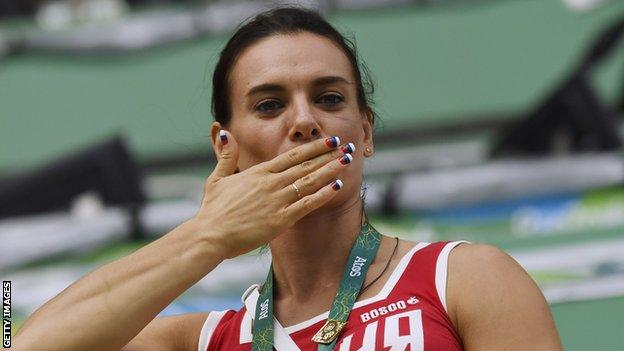
Pole vault world record holder Isinbayeva won gold at Athens 2004 and Beijing 2008.
Russian pole vaulter Yelena Isinbayeva has been elected on to the International Olympic Committee's athlete's commission - despite being banned from Rio 2016.
Isinbayeva, 34, a double Olympic gold medallist, is one of four new members elected by fellow athletes.
Russian track and field athletes were banned from Rio over claims of state-sponsored doping.
The athletes' commission serves as a link between athletes and the IOC.
Also elected are German fencer Britta Heidemann, Hungarian swimmer Daniel Gyurta and South Korean table tennis player Ryu Seung-min.
Isinbayeva, who has never failed a drug test, will have a say in how the Olympic movement is run and will work to protect the rights of clean athletes.
"I am very thankful to all athletes who voted for me here in Rio," said Isinbayeva. "Thank you so much for your trust, for your belief, for your support. For me it was very, very important. Today we won all together.
"It is very important for me because I was preparing for this Olympics for a long time and unfortunately I was not able to participate. It is a kind of compensation."
More than 5,000 athletes from 23 countries voted in the elections, which take place at each Olympic Games. Of those, more than 1,300 cast their vote for Isinbayeva.
Russian Olympic Committee chief Alexander Zhukov told Russia's state-owned news agency RIA Novosti: "It is very symbolic that she was elected after she had been banned from the Olympics. This, her election, is the athletes' response to injustice. This is Lena Isinbayeva's victory."
Zhukov added that the IAAF, the body that governs world athletics, had been taught a "serious lesson", and it should now think about its "contrived" decision to exclude Isinbayeva from the Games.
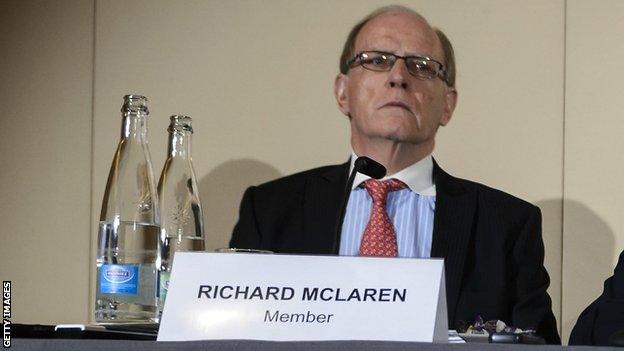
Canadian law professor and sports lawyer Dr Richard McLaren, led a commission which looked into allegations made by Grigory Rodchenkov, the former head of Russia's national anti-doping laboratory
In July, the IOC asked individual sport federations to decide whether Russians could compete in Rio after an independently commissioned Wada report found evidence of a four-year, state-run "doping programme".
The McLaren report said federations should not allow Russians to compete if there could be any doubt about their doping record - and that any athletes previously sanctioned should not be in Rio.
Isinbayeva has been an outspoken critic of the decision to ban the Russian athletics team from the Rio Games.
She said the ruling was "a blatant political order", and sarcastically thanked the IAAF for what she called "this funeral for athletics" in an interview with the Russian Tass news agency.
- Published5 August 2016
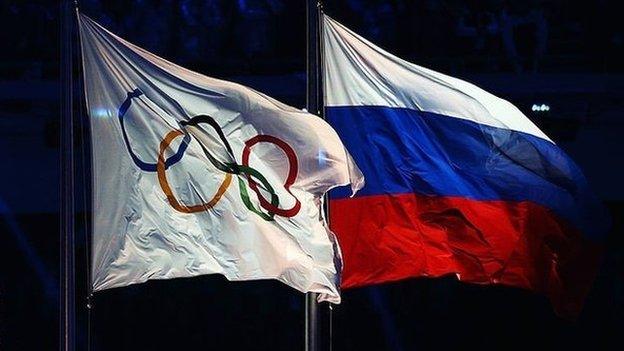
- Published21 July 2016
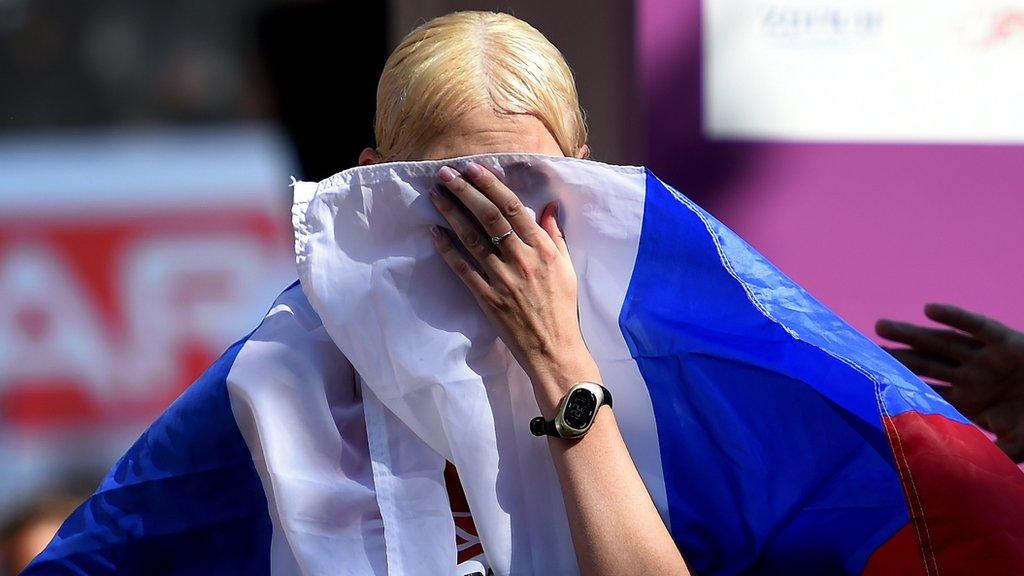
- Published18 July 2016
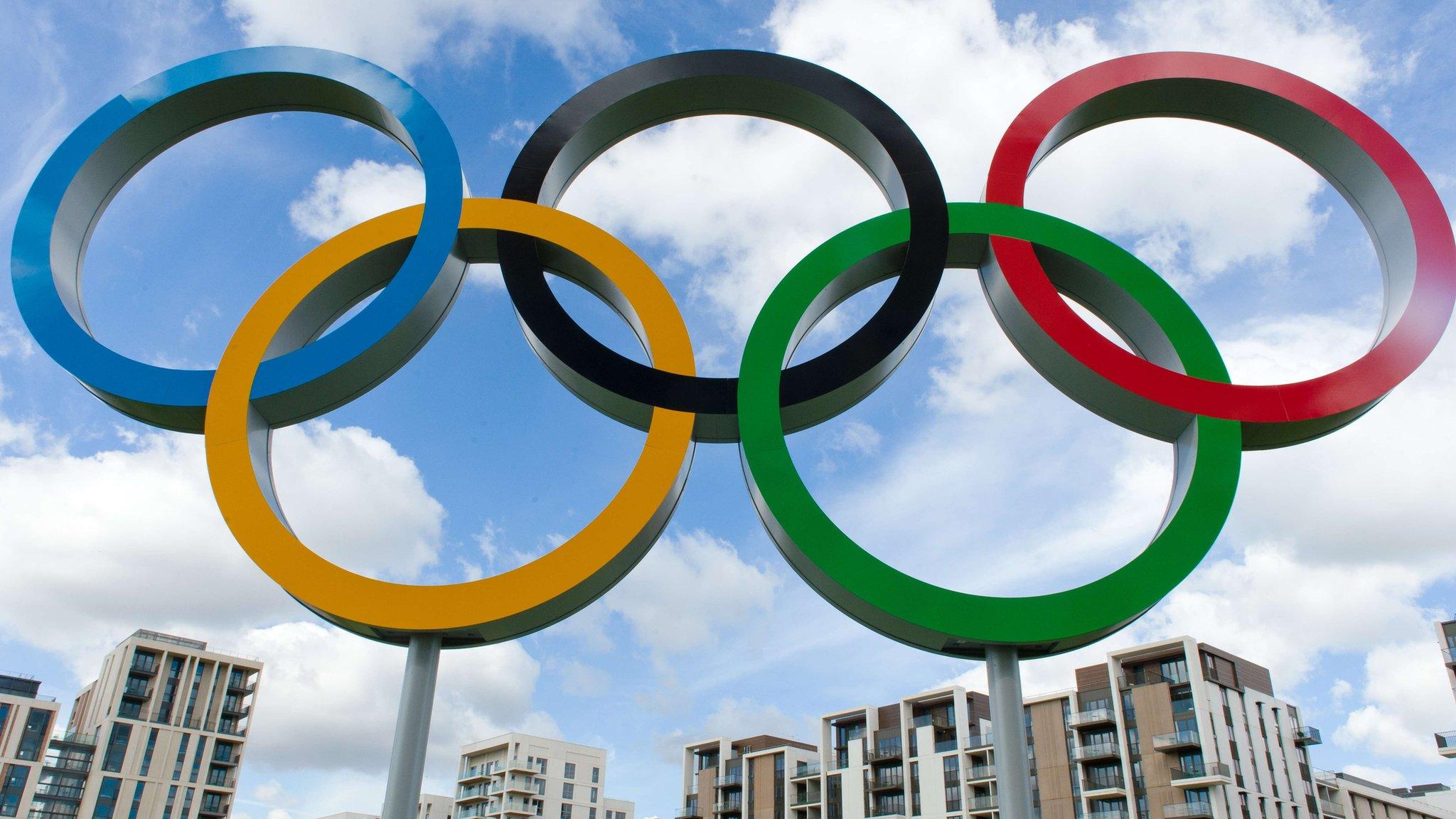
- Published18 August 2016

- Published3 August 2016

- Published19 July 2016
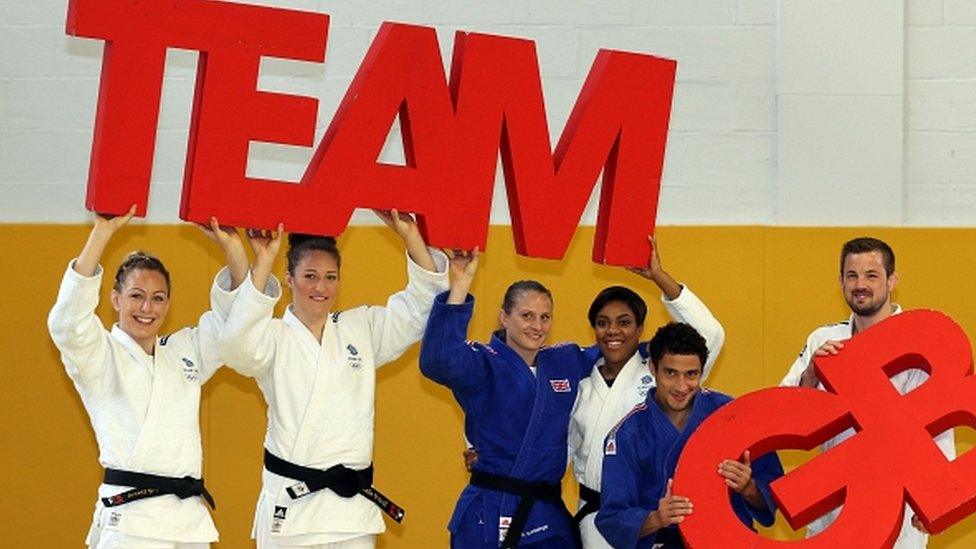
- Published3 August 2016
